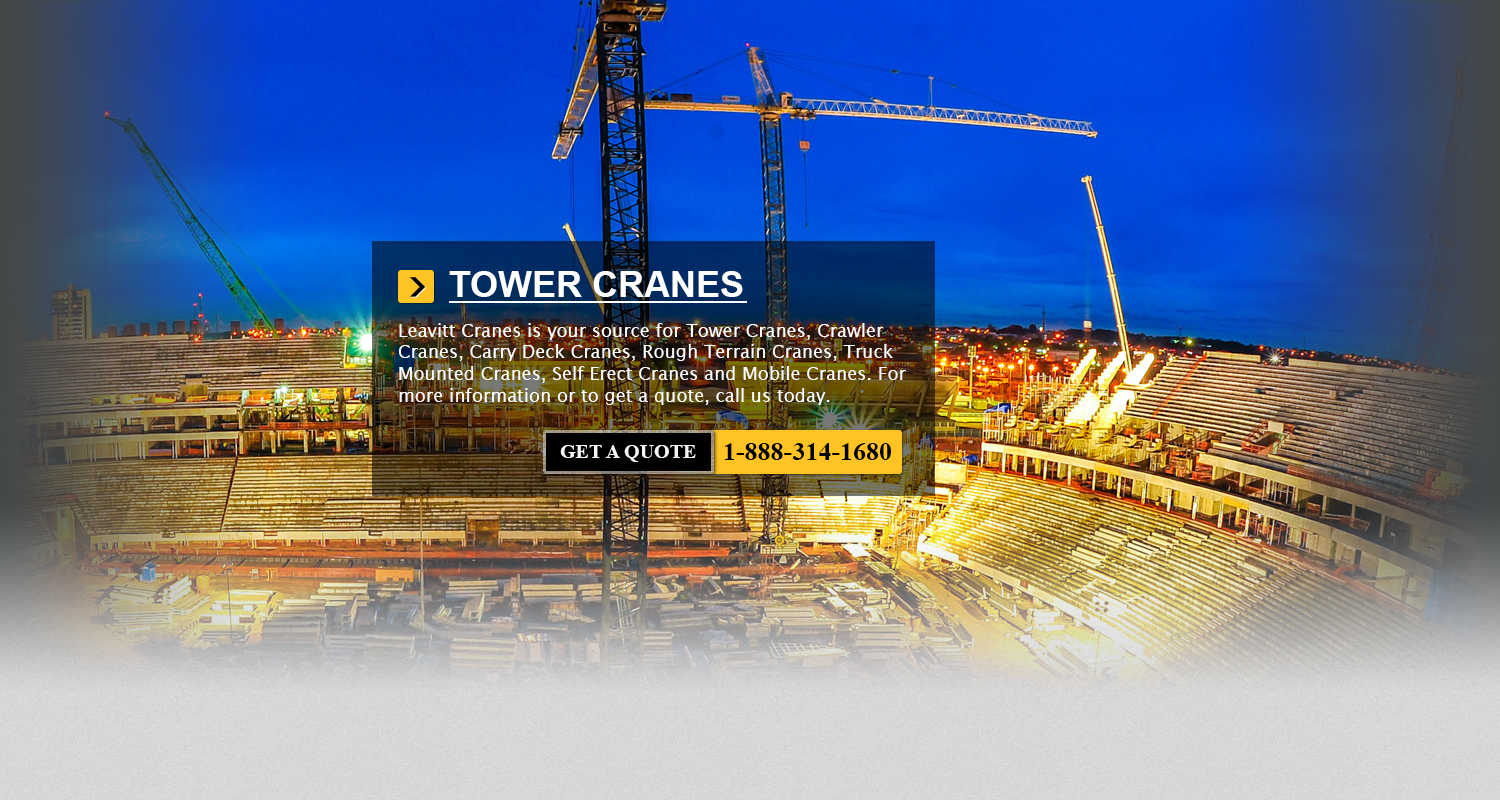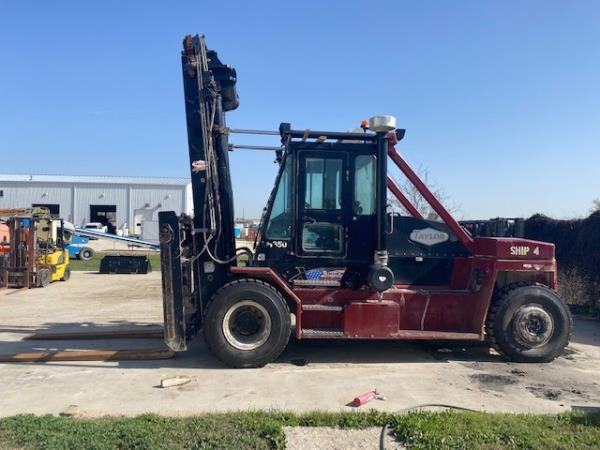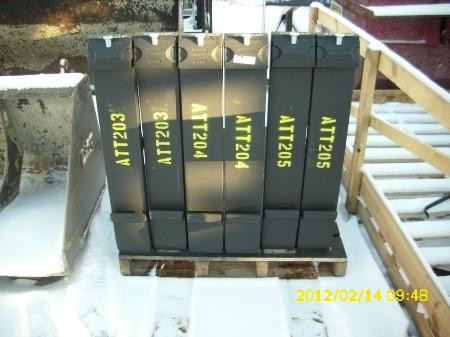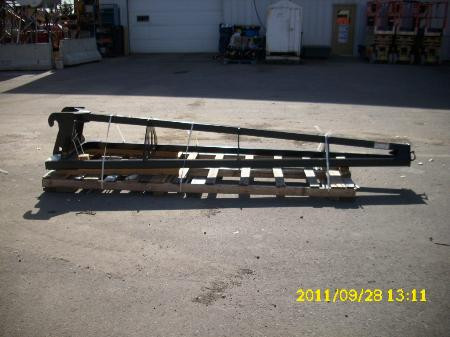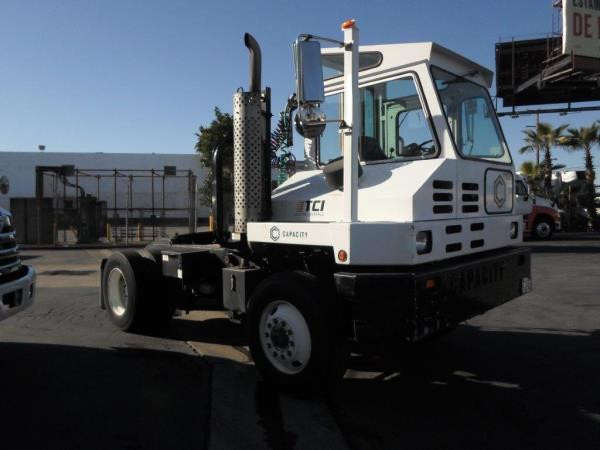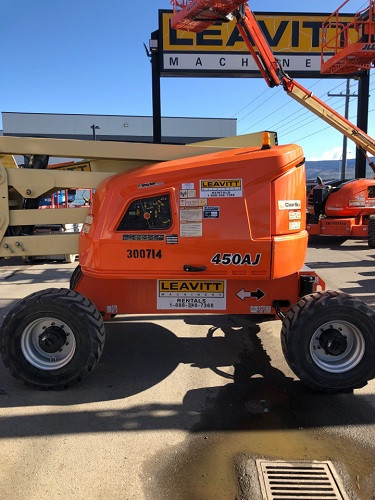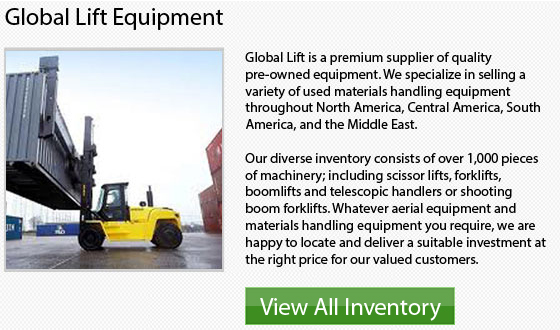
Taylor LP Forklifts Los Angeles
Believe it or not, several companies really allow their employees on the floor to drive a forklift even if they have not been given sufficient training. By enabling individuals who are not trained the opportunity to operate such a huge and potentially dangerous machinery, extremely negative consequences could occur to both the staff and the company.
More serious accidents are likely to happen if an inexperienced driver is behind the wheel. Employees who pass by the equipment may get accidentally struck by the driver. This situation can occur because of fast and inaccurate maneuvers. She or he could figure that operating a forklift is like driving any other type of motor vehicle, and this is definitely not true.
There have been far too many lift truck accidents that companies have reported. When driving this type of equipment, accidents can occur for a variety of reasons. For instance, several lift trucks are not outfitted with reverse sensors and even if they are equipped with them, these sensors do not actually cover a wide rear end area. Thus, the driver is more likely to have several problems when they are just learning how to drive in reverse.
Especially while in the learning curve, the lift truck operator has to drive the vehicle slowly and just after ensuring there is no other workers or items behind it, put the machine into reverse. Somebody with incomplete training or an untrained operator may utilize the machine to lift supplies in a wrong manner or that are too heavy for the equipment. Raising the wrong items could cause the merchandise to suddenly fall off of the machine. This can possibly harm the employees if they happen to be nearby or it can severely damage the goods or the warehouse itself.
In order to keep the business and its workers safe, a company should guarantee that its workers have the correct skills and have completed the mandatory training before allowing them to drive a forklift on their property. By following these stringent guidelines, the company could help to prevent serious accidents.
- Caterpillar Dual Fuel Forklifts Los Angeles
Lift Truck Training For handling materials, there are many types of industries which use powered industrial trucks. In the recycling business, internal combustion powered forklifts are popular. Lift truck operation need well trained operators. Training... More - Fantuzzi Reach Stacker Los Angeles
Fantuzzi's lineup of reach stackers are manufactured by Terex. These reach stackers are well engineered and very cost effective equipment that are made for strength and durability. Fantuzzi's numerous reach stackers are extremely cost effective... More - Toyota forklifts Los Angeles
Toyota's lift trucks are designed to feature improved ergonomics, durability, visibility which can result in more production. Toyota remains the leader in safety technology that can be more remarkable compared to the features before. Toyota... More - Taylor Cushion Tire Forklifts Los Angeles
Buying Tips There are many things to take into consideration when buying a forklift. Deciding on the best machine can have a huge impact on everything from production to operating expenses, to machine downtime and... More - Omega Rough Terrain Forklifts Los Angeles
MEGA Series - The MEGA Series is a powerful lift truck which is capable of covering a range of applications. From steel and lumber and handling other types of heavy lifting up to 9100 kg,... More
